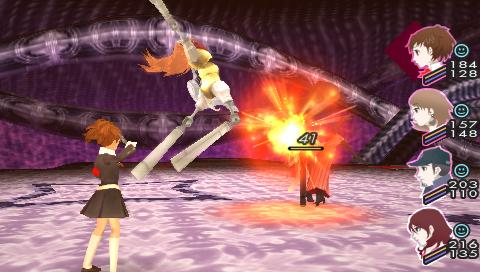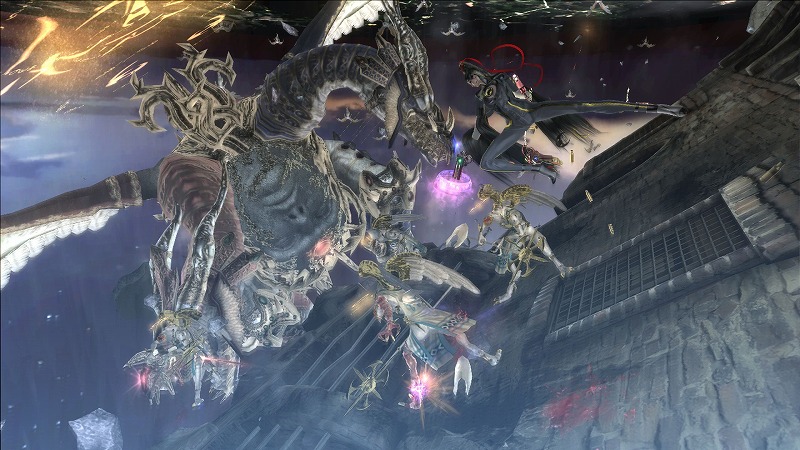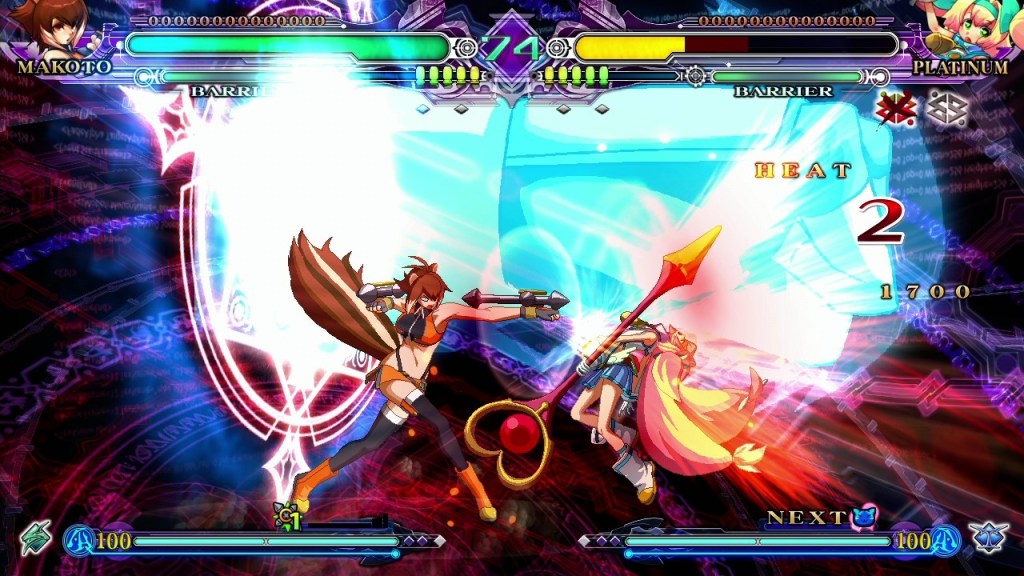Dear Japanese Video Game Developers,
I feel like we're asked these questions all the time: "What's wrong with Japanese developers?" "How can Japanese developers get back on top?" "Why aren't Japanese games performing as well as they used to?"
It's no secret that Anthony was born and raised on Japanese gaming, Nick practically bleeds obscure Japanese games, and I'm a lapsed Japanophile. I think GameRevolution and its readers feel very close to the Japanese developers struggling to adapt to the burgeoning Western market. We want to play those fantastic JRPGs, action games, fighting games, nonsensical platformers, dungeon-crawlers… Hell, anything that doesn't directly rely on shooting I think we'd gladly take more of.
So, I set out to figure out exactly how Japanese developers can regain dominance, or at least rise to some semblance of their former selves, and here's what I came up with:
Don't shy away from what interests you.
I've never met an artist that forced him or herself out of their own interests and succeeded. If you're a musician, pick up a instrument. If you like to paint, do that. If you're a developer who likes role-playing games, you should put your efforts into something you'd want to play. Don't make another shitty first-person shooter with some kind of level-up mechanic where the main character can shoot bullets faster or harder or something. That makes no fucking sense.
Here's the thing: in playtesting, tweaking, redesigning and re-playtesting, you are going to play this game A LOT. Make something you're going to enjoy, and share that passion with the market. Don't let the market dictate what you love.
The market is fucking stupid. It doesn't even know what it wants. Despite that, if you believe in what you're putting out, a project full of your home-grown interests and desires, that passion will come across in the product.
Next page: fandom.

Let the fans sell your stuff.
I recently bought Persona 3 Portable on my PlayStation Vita. I haven't played a Japanese Role-Playing Game in… 20 years. I'm only 24 years old. You do the math.
Me and JRPGs haven't gotten along in quite some time. More often than not the genre proves to be obtuse, over-expository nonsense. It was certainly NOT the genre or gameplay that had me pouring cash directly into that weird expansion slot on the Vita.
It was the readers and community members at GameRevolution that convinced me it was worth a try, that there was something to care about in the game. Remember how I said people can tell when you're passionate about something? Atlus is clearly passionate about the Persona series, but they don't stop there. They're obviously passionate about the characters they've created, the world they've developed, and the way the player interacts with everything in the game. IT SHOWS, and it showed in the words that convinced me to play the game.
Next page: reality.

Even the fantastical needs to be based in reality.
Gameplay and story can often be two completely different endeavors in the development process, but that doesn't mean they can't overlap. Take Bayonetta from Platinum Games for example.
Bayonetta is a pinnacle of excellent action gameplay, complete with a metric ton of combos, enemies, and bombastic set pieces. In fact, the only thing that detracted from the game was the absurd characters and plotline. What the fuck is going on in that game? (Don't explain, I know what's going on, I'm trying to make a point).
Characters, places, things need to be motivated by factors that the player can understand and relate to. Why would we give a shit about a guy trying to save the world if we can't understand what the threat is. This could be as much a localization issue as it is a development issue, but I'm not convinced that the buck can be passed to the guys translating everything. Consider what it is you're putting in front of the player. Take the time to explain to them what's happening in a compelling way.
It's rare for gameplay to be so good, players will forgive complete nonsense.
Next page: quitting.

Quit your job and leave your publisher.
Some of the worst decisions in all of gaming are made by the Japanese third-party publishers. Do you work for Capcom? Leave. Do you work for Square Enix? Are you on the Final Fantasy team? Leave. Do you work for Namco Bandai? You might want to leave. SEGA? Maybe you already left.
Creating a video game is an artistic endeavor, one that just happens to require lots and lots of money to produce. It's a cold hard truth that you need the backing of a corporation to create games on the scale your artistic vision might rely on. That doesn't mean you owe them anything. You are the talent. Don't let them fucking destroy you. Don't let them turn you into some kind of meaningless cog in a machine of oppression.
This message, more than anything else in this letter, could be lost in translation. I don't know how to say "Fuck the man" in Japanese. The truth of the matter is that smaller, more independent studios can earn their freedom while making desirable products, both to publishers and the market. If the publisher you work for right now keeps placing you on Doomed Project 22 and Inevitable Market Failure 14, you're going to get laid off soon anyway. At least quitting and taking your talent to a new studio shows that you value yourself enough to be hired.
Next page: You.

Be Japanese.
I want Japanese games that aren't straddling some awkward cultural line. I want Japanese games that can't have their inherent culture localized out of them. I want a game based in a foreign culture because far too many games are making me disgusted with my own culture.
I know first-hand that at face-value, Eastern and Western cultures lack little commonplace between them. I know that business people, the men and women who talk dollars and yen behind their suits and desks will say those face-values are too strong to break. I know they're wrong.
Games involve players on a deeper level than music or movies or TV shows. Players grow deeply intrenched in character and story and conflict and interaction in games. Those face-values don't matter as much when you're speaking to everyone in town to find out what the shopkeeper wants for a birthday present or why the enemy boss wants to destroy the world.
And that's how I think Japanese game development can fix itself. I know a lot of this might sound like detraction, but I remember what you were, and I know what you're capable of. I buy lots and lots of Japanese games, but I'm not motivated to finish them when I don't enjoy them.
That can change, and I'll keep buying to see what you come up with.
-ME







